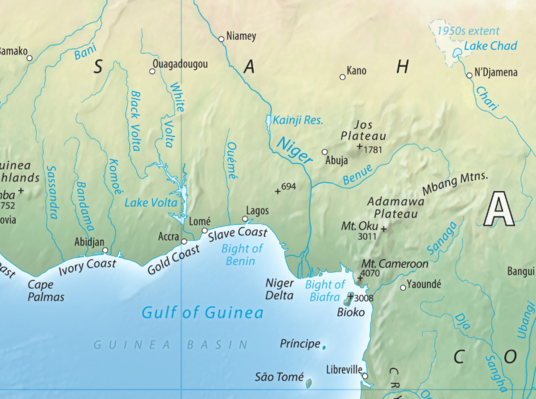
P157_Ghana
Tamale´s Urban Resilience
Cooperating countries: Ghana and Austria
Coordinating institution: University of Applied Arts Vienna, Bärbel Müller baerbel.mueller@uni-ak.ac.at
Partner institution: University for Development Studies
Project duration: 1 December 2025 - 30 November 2027
Budget: EUR 39.950
Abstract:
How can climatically vulnerable African cities build resilience to foster ecologically and socially thriving urbanscapes?
As climate change intensifies environmental and resource vulnerabilities, African cities face urgent challenges in building ecologically resilient and socially equitable urban environments. TUR tackles these challenges by developing methodologies to analyze and to generate a basis to respond to climate-induced risks, focusing on Tamale, Ghana—one of West Africa’s fastest-growing cities.
Tamale exemplifies the pressures of rapid urbanization and climate-induced risks, including water scarcity, extreme heat, and ecological degradation. Through an ecology-driven urban research approach, this project combines advanced tools—artificial intelligence, data analysis, and climatic simulations—with applied research to create evidence-based spatial narratives. These narratives envision Tamale’s future as an ecologically functioning urbanscape that adapts to a changing climate. The research explores three interrelated topics: solar, hydro, and biota. Urban vegetation will be explored for its role in heat reduction, biodiversity enhancement, and green infrastructure. Water bodies and networks will be mapped and assessed to address drought and flood risks. Solar distribution will be investigated both as a contributor to the urban heat island effect and as a vital energy source for sustainable urban living.Building on the AfricaUninet project Tamale’s Inner Urban Ecologies (TIUE) by [A]FA, UDS, and NUKU (2023–2025), Tamale´s Urban Resilience (TUR) broadens the scope of research on Tamale. The project employs both urban-scale and micro-scale analyses, using heat maps, advanced simulations and soil analyses to capture the city’s complex urban ecologies. This (extreme) dual-scale approach bridges ecological science and urban research, enabling actionable frameworks for resilience in the face of climate change.